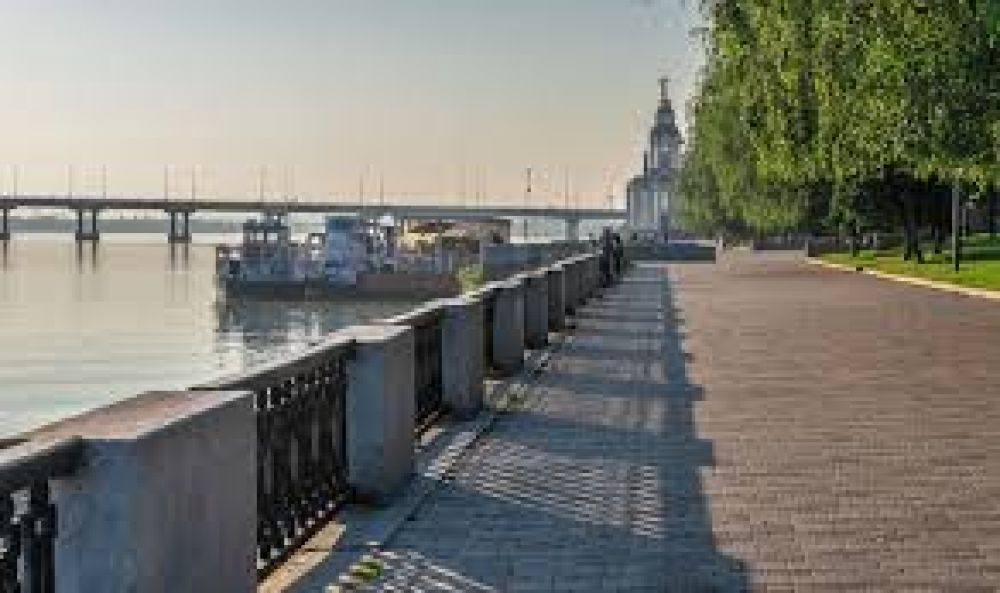

The Ural River Embarkment in Atyrau, a city poised at the crossroads of Europe and Asia, holds a special place in Kazakhstan's tourism tapestry. The Ural River itself is historically significant, not only as a geographical landmark marking the boundary between the two continents but also as a vital conduit for cultural and economic exchanges for centuries.
Tourism along the Ural River began modestly. Its roots can be traced back to the Soviet era, when Atyrau, formerly known as Guryev, was a destination for domestic travelers within the USSR. People came to experience the unique culture of the region, its historical significance, and the natural beauty of the river landscape. This period saw the development of basic tourism infrastructure around the riverbanks.
The dissolution of the Soviet Union opened new opportunities for Kazakhstan and its tourism sector. Atyrau, rich in oil, began to attract international workers and subsequently, the interest of global tourists. The Ural River Embankment turned into a hotspot for investment, leading to improvements in the infrastructure and facilities. Walking paths, parks, and cultural monuments became usual fixtures, improving the aesthetic and recreational appeal of the embankment.
Today, the Ural River Embankment has come to symbolize the growth and development of Atyrau as a multifaceted tourist destination. The promenade is a blend of modern amenities and serene natural landscapes, making it popular among tourists and locals alike. Sightseeing, cultural festivals, and recreational activities, like boating and fishing, draw crowds to this riverside area.
The most recent trends in tourism at the Ural River Embankment involve eco-friendly and sustainable practices. There is a growing emphasis on conservation and the promotion of eco-touruism, as well as cultivating experiences that highlight the intersection of Kazakh culture with the region's natural environment. Additionally, tourism authorities are leveraging digital technology to enhance visitor experiences through interactive tours and online informational resources.
Looking to the future, Atyrau's city planners and tourism marketers continue to collaborate in a bid to attract more global tourism by embracing the tranquility and the rich cultural backdrop of the Ural River. Efforts are also being directed towards the promotion of international events and festivals that celebrate the diverse heritage and the scenic beauty of the Ural River Embankment.
With its unique location and continuous evolution, the Ural River Embankment in Aytaru is an evolving testament to Kazakhstan's commitment to nurturing a tourism sector that respects heritage while embracing progress.